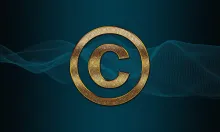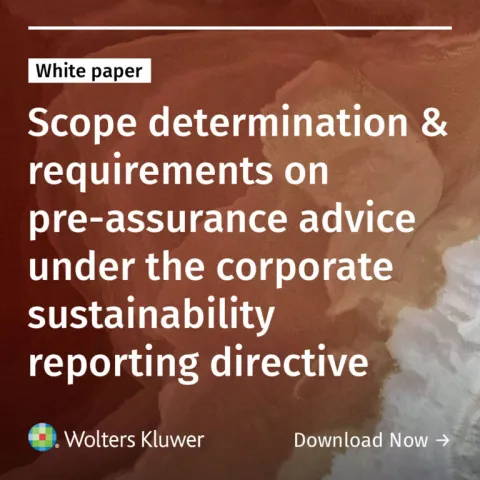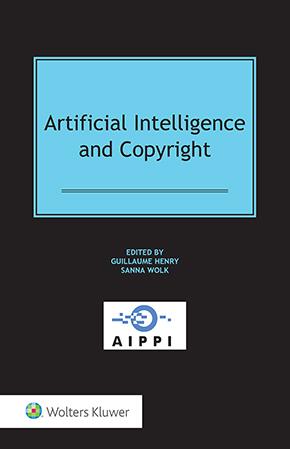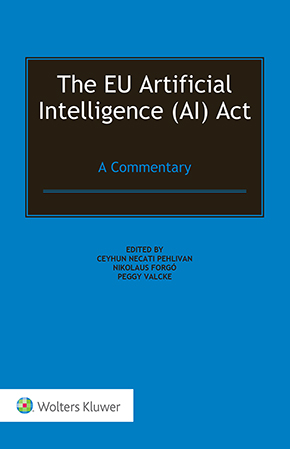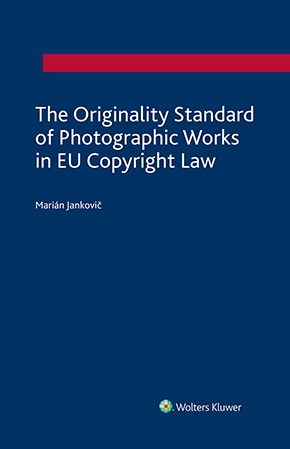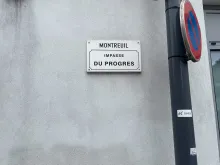Mass Resignations Call into Question Legitimacy of ALI Copyright Restatement
October 9, 2025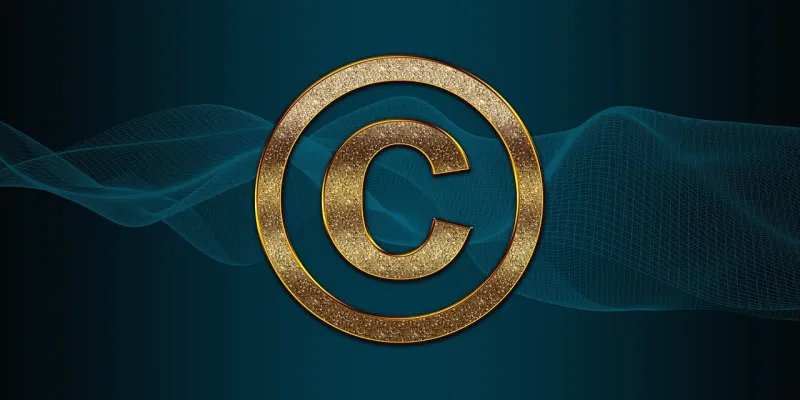
In recent posts published on this blog (see here and here), the drafters of the American Law Institute’s (ALI) Copyright Restatement promoted their “landmark project” while also attempting to defend it against mass resignations by project participants that resulted from significant problems with the final product. When an ALI project is so riddled with disagreements that a substantial number of participants feel the need to resign and ask that their names be removed from the final product, it calls into question the legitimacy of the project.
In May 2025, the final sections of the Copyright Restatement were approved at the ALI’s annual meeting, and ALI Director Diane Wood did her best to downplay the resignations, telling the ALI members in attendance (most of whom have little or no copyright law experience) that criticisms and strong disagreements are routine for any ALI project and that the process worked exactly as intended. If having over a third of the Restatement participants resign at the end of a project were “routine” for the ALI and that the process were “intended” to work this way, then the ALI would have bigger problems that go well beyond the many inaccuracies and fraught process epitomized by this Copyright Restatement. But the mass resignations here are far from routine, and attorneys, judges, and clerks would be wise to proceed with caution when referencing the Restatement.
From the start of the project, concerns were repeatedly dismissed and disregarded
From the beginning, many copyright experts, professors, and lawmakers questioned the rationale behind attempting to “restate” an area of law governed by a federal statute, and they warned that the Copyright Restatement was more likely to look like a restatement of the Reporters’ views on copyright rather than a restatement of actual copyright law.
- A large group of copyright industry organizations sent a letter to the ALI in 2015 warning that lead Reporter Christopher Sprigman has consistently argued in favor of a limited scope of copyright and that his motivation seem to be the change the law to support a certain viewpoints. The letter points to a memo sent to ALI leadership in which Sprigman says that because the pace of legislative change in Congress is slow, a Restatement could be influential “in shaping the law that we have, and, perhaps, the reformed law that in the long term we will almost certainly need.” (emphasis added)
- Then-U.S. Register of Copyrights Karyn Temple sent a letter to the ALI in 2018, in which she warned that the Institute’s project “appears to create a pseudo-version of the Copyright Act” and urged the ALI to suspend the “misguided” initiative.
- The then-Under Secretary of Commerce for Intellectual Property and Director of the U.S. Patent and Trademark Office Andrei Iancu sent a letter to the ALI in 2018 expressing a “fundamental concern about the process and format” of the project and warning that attempting to provide an alternative black letter law for the prescriptive provisions of the Copyright Act would only lead to “confusion and ambiguity” and that the meaning of the federal statute would be “clouded or altered.”
- The New York City Bar, Copyright & Literary Property Committee published a report in 2018 explaining that “a restatement of copyright law is unnecessary and, as currently drafted, potentially undermines ALI’s reputation for producing accurate explanations of the law.”
- Numerous members of Congress sent a letter to the ALI in 2019 explaining that they were “deeply concern” about the Restatement project covering “an area of law that is almost exclusively federal statutory law.” The letter also stated that “…courts should rely upon statutory text and legislative history, not [on] Restatements that attempt to replace the statutory language and legislative history established by Congress with novel interpretation.”
- The American Bar Association (ABA) sent a letter to the ALI in 2019 questioning the direction of the project and warning that a “Restatement that focuses not on existing law but on the law as the Reporters would like to see it will be of dubious value and is inconsistent with the restatements that ALI has produced historically.”
- U.S. Register of Copyrights Shira Perlmutter sent a letter to the ALI in 2021 identifying several problematic areas in the draft Restatement, stating that “the Restatement process to date has been perceived by onlookers, including some Advisers, as inadequately documented, leading to questions being raised about the possible influence of the normative views of the Reporters.”
Unfortunately, the problems identified early in the project’s life only intensified as more controversial subjects were reserved until the end of the project, leaving many participants with no other choice but to resign.
Resignation letters describe mistreatment of the law, biases, and procedural failures
Those who resigned from the Copyright Restatement project are leading copyright scholars—including professors whose work is often cited by the Supreme Court and the author of the single most cited treatise on copyright law—industry professionals, former Copyright Office officials, professional legal organizations, and long-time ALI members, all of whom point to enduring problems that resulted in a product that misrepresents the law and reflects the underlying biases of the project’s leaders.
- A group of leading copyright professors, including Jane Ginsburg, Shyam Balganesh, David Nimmer, and Peter Menell, sent a resignation letter voicing dissatisfaction with both the substance of the Restatement and the process by which its sections were approved. The letter explained that the final product represents a “revisionist agenda” that cannot be trusted by courts and is “unsuccessful when measured against the very goals of the Restatement.”
- The American Bar Association, Intellectual Property Law Section, sent a letter explaining that “to resign reflects our concerns regarding the direction and methodology of the Restatement project” and that “[w]e believe the final Restatement does not present a balanced representation of copyright law and is not aligned with the policies and principles of the ABA-IPL Section.”
- The Intellectual Property Law Owners Association (IPO) sent a resignation letter explaining that the “IPO remains concerned that the project has in many places adopted minority interpretations of copyright law without clearly stating the majority rule” and that the Restatement “will be unhelpful and misleading to courts and litigants, leading it to be cited when it is not, in fact, articulating a restatement of existing law.”
- A group of 14 industry professionals and copyright experts who served as Advisers and Liaisons to the project sent a letter explaining that the Reporters routinely disregarded and dismissed concerns and comments put forth by the United States Copyright Office, judges, and many other project participants because those concerns and comments differed from the Reporters’ views and biases about copyright law.
- Professor Marketa Trimble, submitted a letter explaining that “the development of the project has been disappointing, considering that many crucial comments, including by the Copyright Office and project Advisers, who are preeminent experts in copyright law, have been discounted or indefensibly rejected.”
- Simon Barsky, a life member of the ALI and an Adviser to the project, sent a letter asking for his name to be removed absent a disclaimer or for the Restatement to be converted to a Principles project. His letter describes the Restatement as an “aspirational rather than accurate statement of the law.”
Courts should recognize the limited utility of the copyright restatement
Many of copyright law’s most important concepts and doctrines are addressed in the Copyright Restatement in ways that do not accurately reflect the law. One noteworthy example is that the Restatement elevates uncommon, minor, and ancillary points that serve to create the misperception that the fair use doctrine is far more broadly applicable than is supported by the case law and the policies animating it. This and other serious misrepresentations of the law are detailed in the attachment to the resignation letter of the group of industry professionals and copyright experts referenced above, and they demonstrate the risk the Restatement poses if accepted as an authoritative source.
Speaking to the procedural and substantive shortcomings that have led to final product that will mislead courts, the law professors’ resignation letter succinctly explains:
At the core of the Restatement efforts of the Institute has been the ability of courts to trust that the process by which a Restatement was produced reflected a transparent deliberation and broad agreement among a body of experts. Just the opposite has occurred with the Restatement of Copyright.
Antonin Scalia warned courts of using modern ALI Restatements as part of their reasoning, noting that they “are of questionable value and must be used with caution.” He explained that “over time, the Restatements' authors have abandoned the mission of describing the law, and have chosen instead to set forth their aspirations for what the law ought to be.” (emphasis added). Unfortunately, the problems Justice Scalia identified have endured, and they are nowhere more conspicuous than in the ALI’s Copyright Restatement.
At the end of the day, a Restatement should restate the law. When it fails to do that, it is not a Restatement at all, but more of a normative treatise or law review article. Accordingly, at best, the Copyright Restatement should not be afforded any more weight than those types of resources.
You may also like
